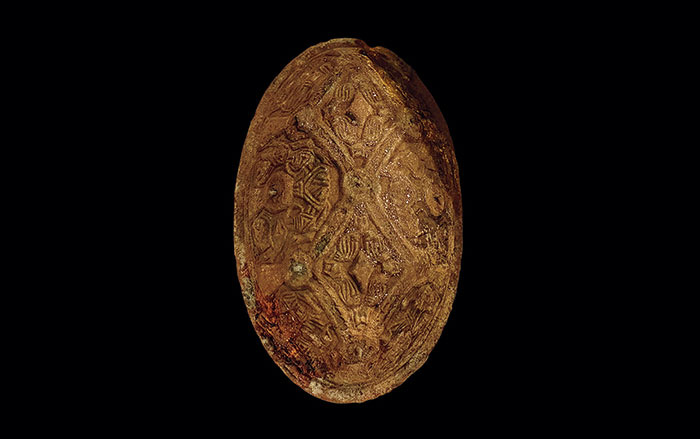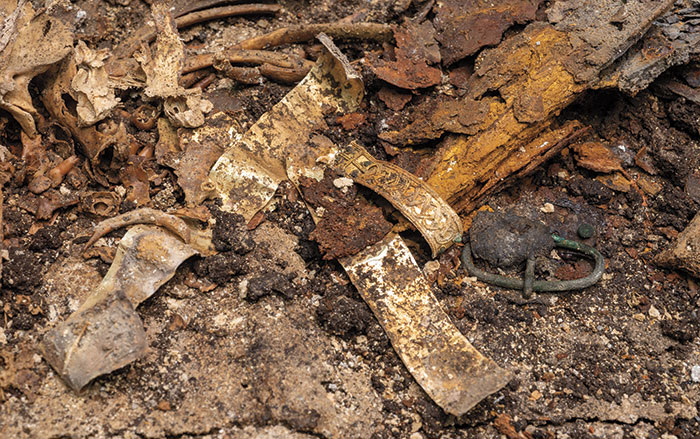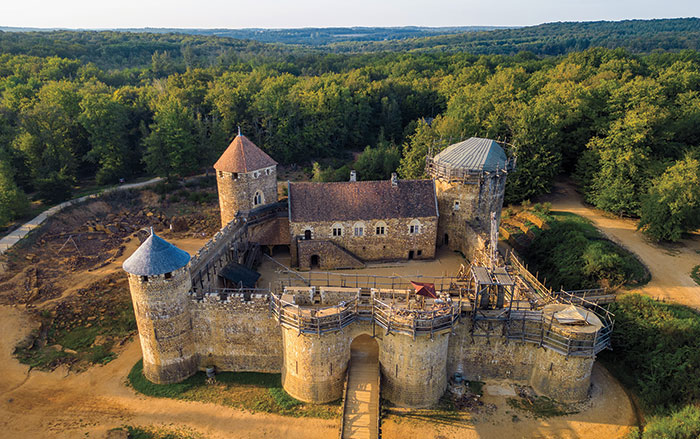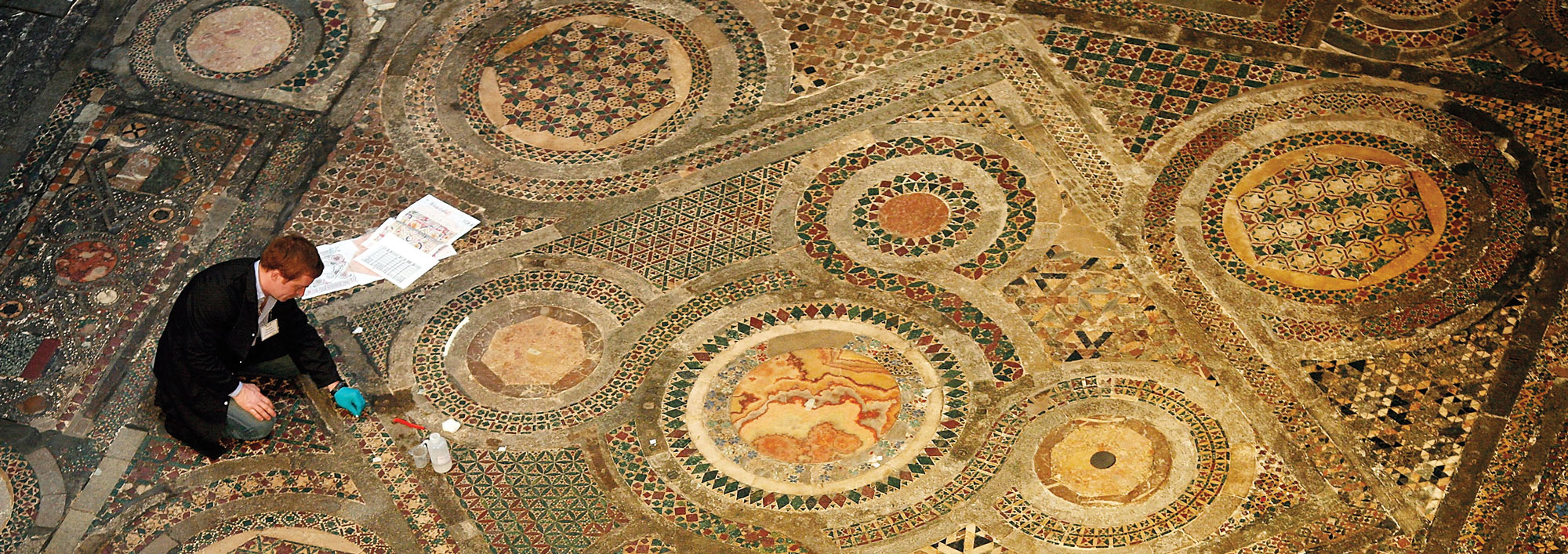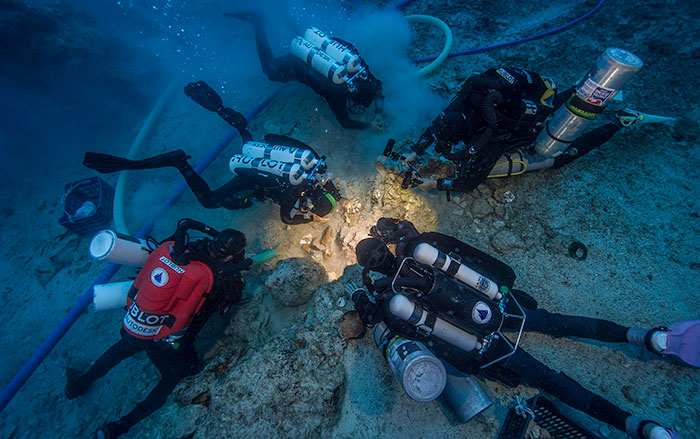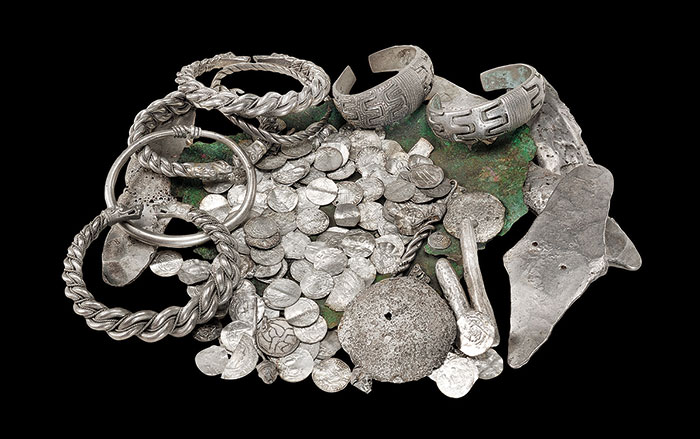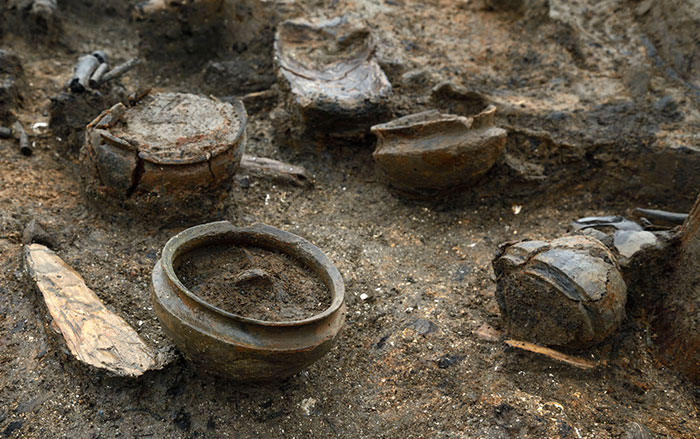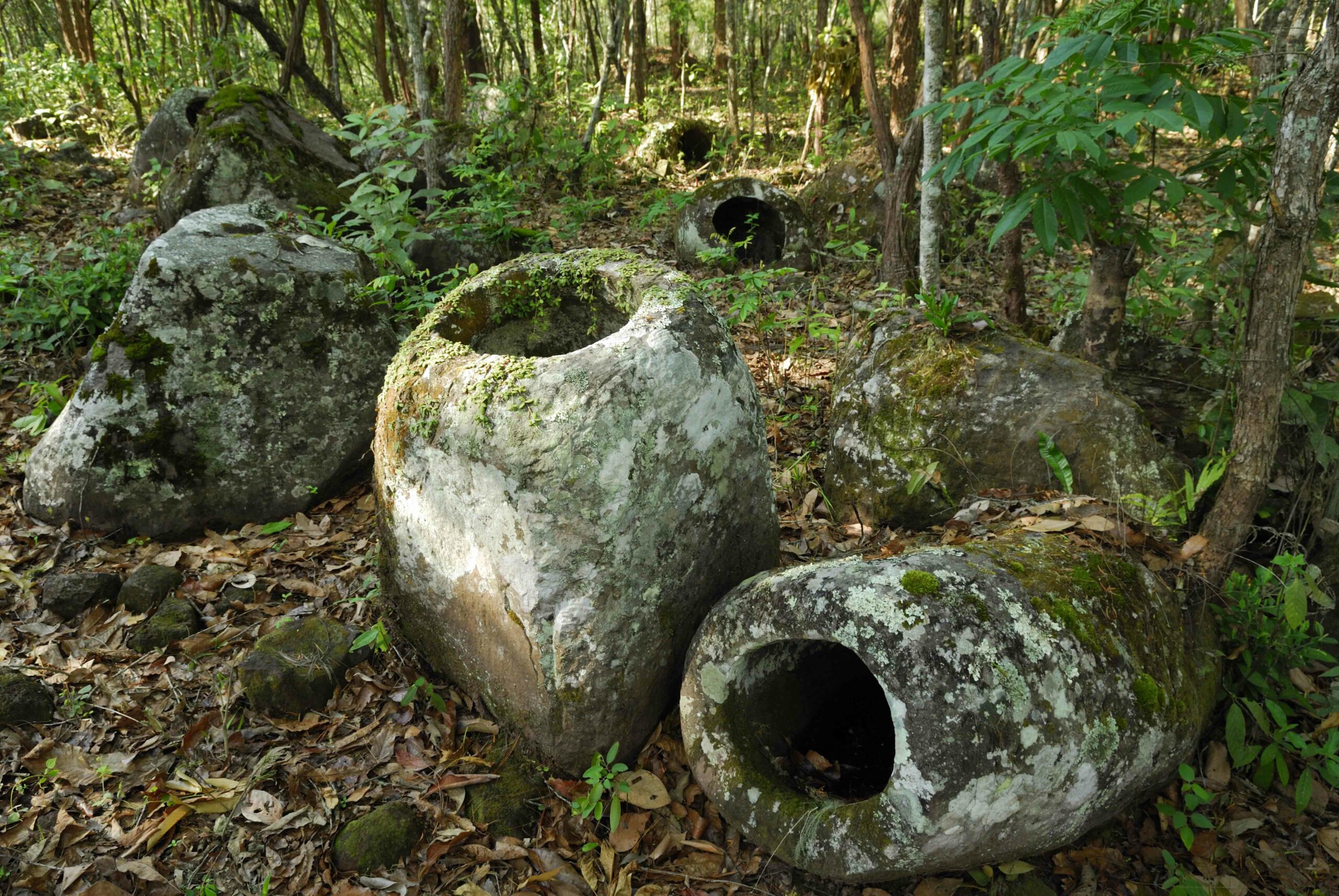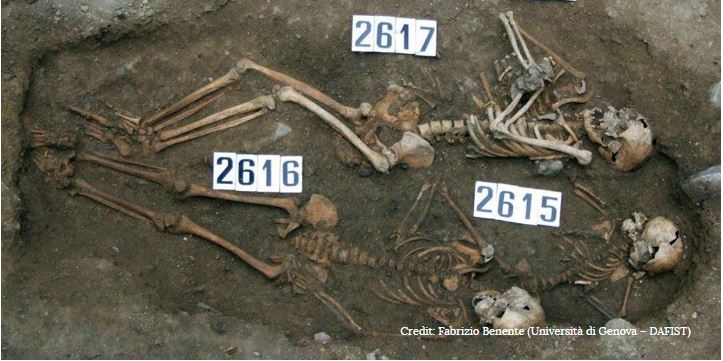
GENOA, ITALY—According to a report in Seeker, researchers have identified a rare “coffin birth” in a fourteenth-century cemetery at the hostel of San Nicolao di Pietra Colice in the Northern Apennines. The hostel and its church served as a rest stop for travelers headed to Rome. The woman’s remains, found in a grave with the skeletons of two children, had been placed on her side. “In this case, we have a partial expulsion of a 38- to 40-week-old fetus, which was found to be complete and to lie within the birth canal,” said physical anthropologist Deneb Cesana. “Coffin birth,” or the expulsion of a fetus after death, is caused by the build-up of gas pressure from the decomposition of a pregnant woman’s body. The study also suggests the woman and the children had all been buried at the same time, directly into the ground, and all of them have tested positive for the antigen to the bacteria that causes the bubonic plague. DNA analysis could determine if the three were related.


